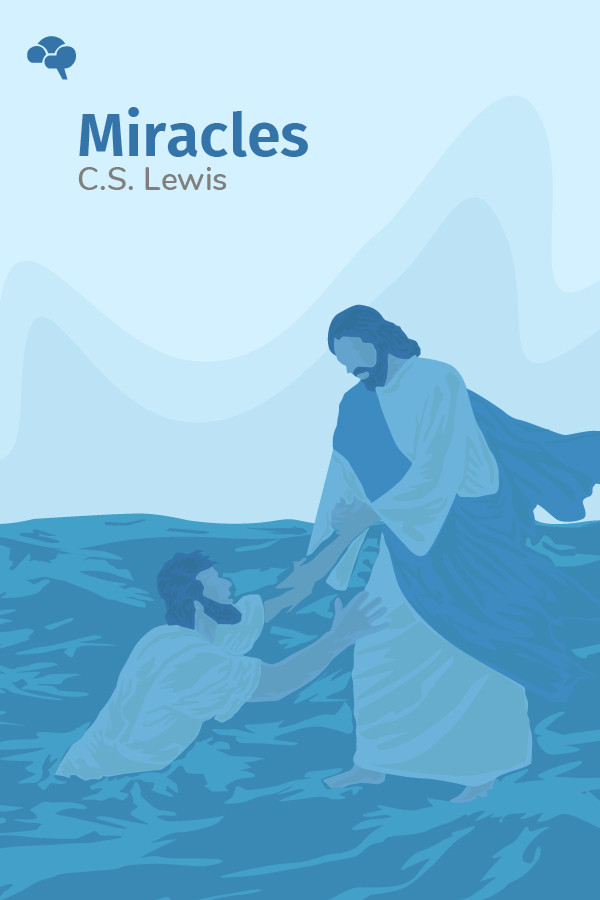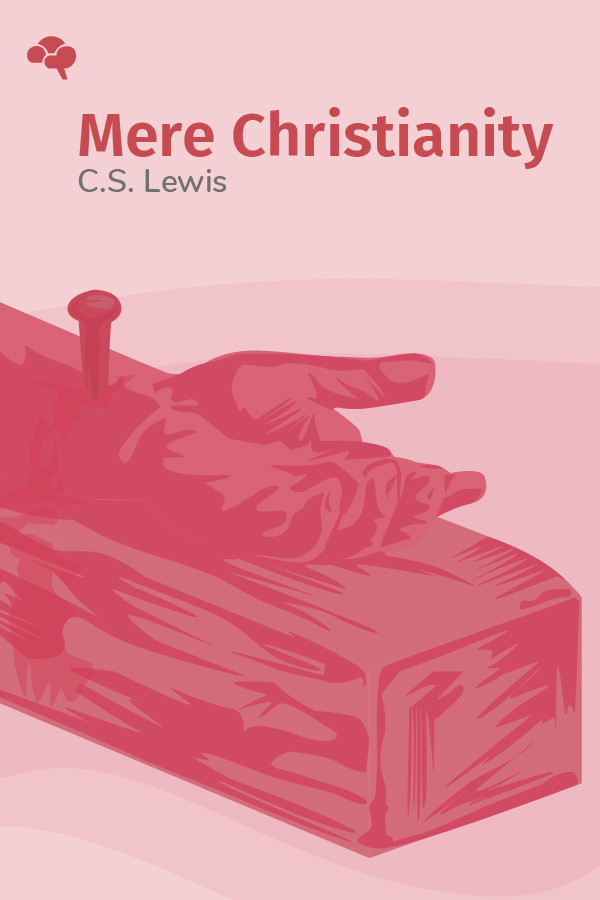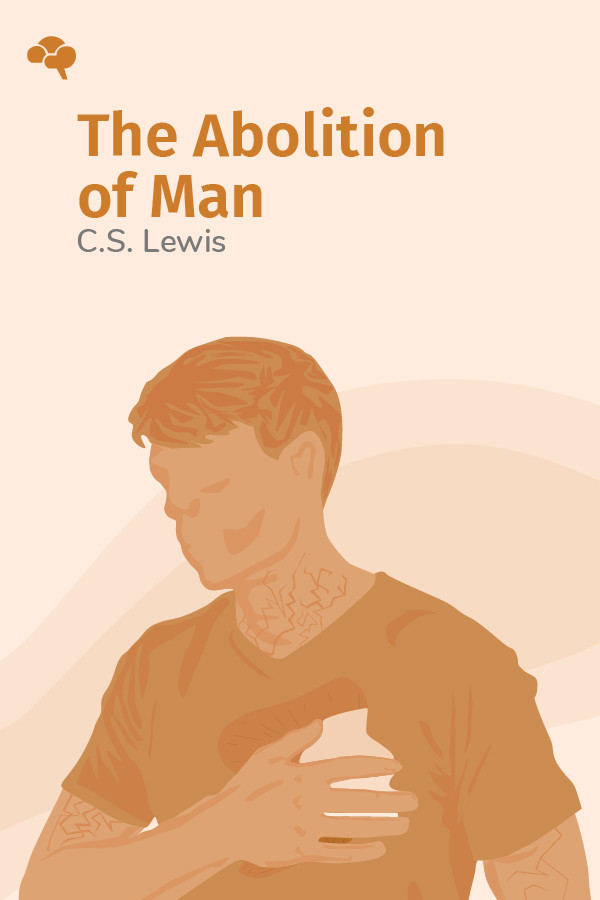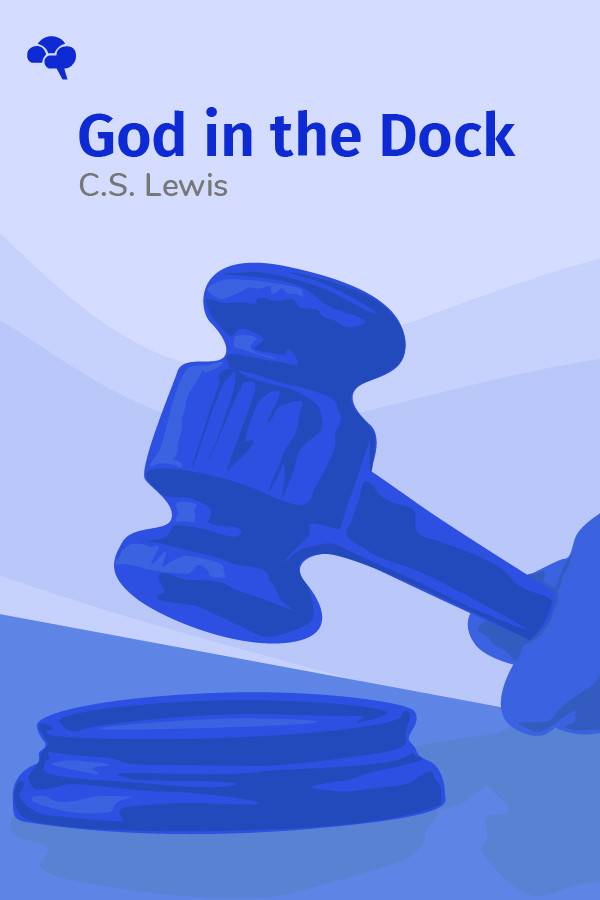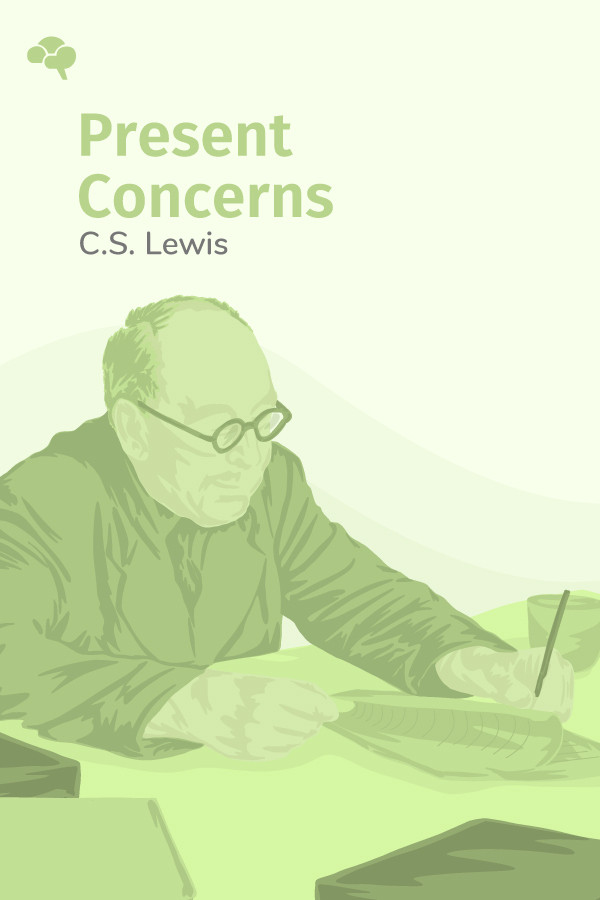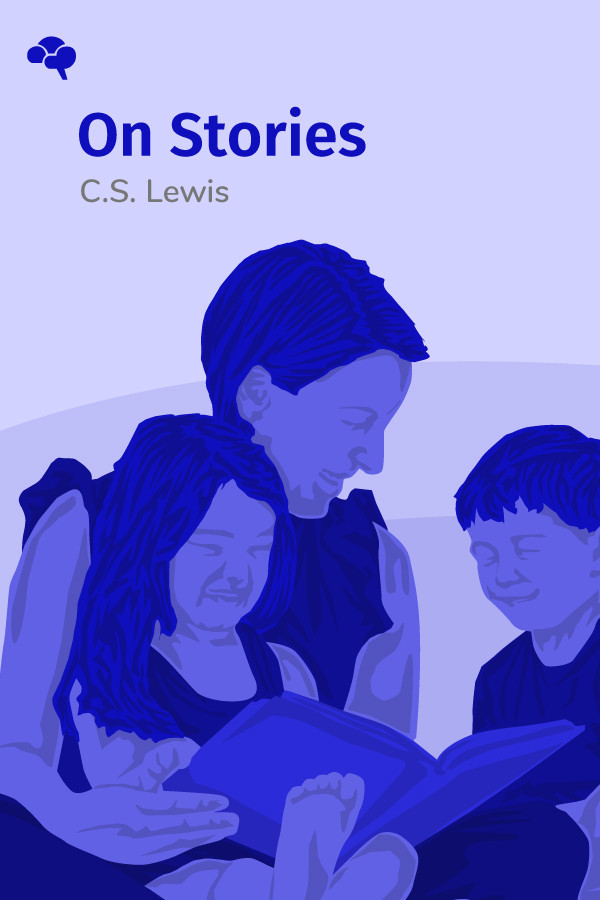C.S. Lewis
Clive Staples Lewis (29 November 1898 – 22 November 1963) was a British novelist, poet, academic, medievalist, literary critic, essayist, lay theologian, broadcaster, lecturer, and Christian apologist. He held academic positions at both Oxford University (Magdalen College, 1925–1954) and Cambridge University (Magdalene College, 1954–1963). He is best known for his works of fiction, especially The Screwtape Letters, The Chronicles of Narnia, and The Space Trilogy, and for his non-fiction Christian apologetics, such as Mere Christianity, Miracles, and The Problem of Pain.
Miracles
C.S. Lewis described this book as a "preliminary study" on miracles. This description is fitting because he deals not with the question of whether miracles have actually happened, but with the prior question of whether they are possible. He begins by arguing against naturalism, a worldview that excludes the possibility of miraculous events. He then turns his attention to the probability of miracles, and, finally, to the nature and uniqueness of the Christian miracles. He does not try to prove Christianity. Rather, his aim is to remove impediments to clear thinking on the question of miracles that would prevent one from giving the Christian claims a fair hearing.
Mere Christianity
C.S. Lewis was one of the most beloved Christian authors of the twentieth century. In this best-selling classic, Lewis's aim was to articulate and defend the fundamental beliefs that are common to all Christians. He begins with arguments for God's existence, then turns to the basics of Christian doctrine. To ensure he was speaking on behalf of Christians across denominational lines, Lewis sent the original script to four clergymen (Anglican, Methodist, Presbyterian, Roman Catholic) inviting their critique. The result is the presentation of a common, or “mere” Christianity.
The Abolition of Man
C.S. Lewis examines some common assumptions about culture, science, and ethics that he believes are setting humanity on a path that will destroy both soul and species.
God in the Dock
C.S. Lewis’ secretary and longtime friend Walter Hooper scoured archives and libraries in the years following Lewis’ death in an effort to read everything his prolific friend had written. God in the Dock is the fruit of that labor. Lewis is best known for his fantasy series and several theological works, but this work contains scores of essays and letters on theology, ethics, politics, and culture. The insights below share main themes expressed in the collection.
Present Concerns: Journalistic Essays
In a conversation at his home on the outskirts of Oxford, England, Lewis told his long-time friend and editor Walter Hooper that he didn’t read newspapers anymore. He considered them among the most meager forms of historical record. For anyone who “absolutely must” read the paper, Lewis good-humoredly recommended an accompanying “mouthwash,” like The Lord of Rings or other great books. Despite Lewis’ personal aversion to newspapers, he never condemned those who chose to read the news, and he wrote short essays for many magazines and newspapers himself. Present Concerns is a collection of such articles on a range of subjects. Even without being immersed in the endless minutiae of daily news (or perhaps because of it), Lewis offers a depth of insight in his journalistic essays that remains prescient many decades later.
The Four Loves
The late Oxford don of Chronicles of Narnia fame explores various kinds of love: Affection, Friendship, Eros, and Charity.
On Stories: And Other Essays on Literature
British author and scholar C.S. Lewis (1898-1963) once quipped that “you couldn’t get [him] a cup of tea large enough or a book long enough to suit [him].” Lewis was not only a prolific writer; he was also a voracious reader. With his formidable literary appetite and formal training in Literature at Oxford, he became a skilled critic with the ability even to analyze the art of criticism. In this collection of essays, Lewis takes out his scalpel and applies his gift for criticism to famous (and at the time, contemporary, works) like 1984, Animal Farm, and The Lord of the Rings. He also reflects on the joys of reading stories for Story’s sake, takes on persistent misunderstandings about children’s literature (and about children themselves), and argues that many critics are actually quite bad at criticizing.
Bio information sourced from Wikipedia
